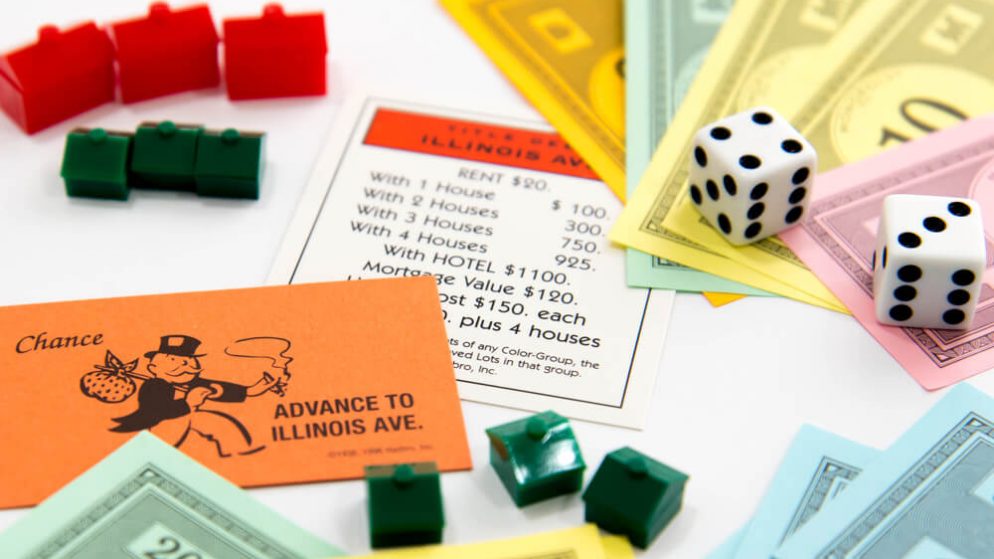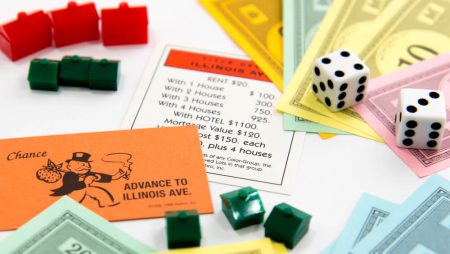

The Illinois Gaming Board has turned to the federal government to assist them in netting illegal online gambling operations taking place offshore. The administrator of the board, Marcus Fruchter, has joined with other leading gaming operators around the United States to give weight to their plea for intervention from the Attorney General. The greatest fear among the regulators and which is a threat to the entire gambling industry is the uncontrolled revenue collection from illegal betting sites. What if the money generated from such activities is channeled into illegal activities like drug trade and human trafficking?
According to the letter which was written by Fruchter for the Attorney General’s office, the gaming regulators urged for legal redress in addressing the issue of illegal gambling. As a sign of solidarity with the statements in the letter, leaders of regulatory boards from Colorado, New Jersey, Mississippi, Louisiana and Michigan also appended their signatures. The letter is now in the hands of the AG Merrick Garland and stakeholders hope that he will bring reprieve to the entire industry through influence from his office.
In the letter, the Department of Justice is asked to prioritize the process of investigating and prosecuting offshore web-based casinos and sportsbooks. It is believed that these sites are a significant danger for their lack of streamlined gaming, age verification, and pair payouts. Money laundering is also a key component of such kinds of trade. It is also a requirement for the state to fund social initiatives but this could be a challenge due to a decline in state tax revenues.
While the administrators express their understanding and appreciation for the role of the Department of Justice, it is also true that priorities change with time. The lobby group has already approached local administration on the matter but there appear to be numerous threats from illegal gambling. Since this is a matter that cuts across states and industry sectors, states on their own cannot address it. It is for this reason that the partnership was created.
General Garlanthas the power to commission legal actions on those that have broken the law even if they are outside his jurisdiction. Apart from ensuring a structured system of gambling revenue collection, rooting out unlawfulness in the betting industry will help to preserve the integrity of the market.
What we cover
Losses occasioned by illegal gambling
In a November report that was made public by the American Gaming Association, it was revealed that the value of the unregulated and hence illegal gaming market was an estimated $510.9 billion every year. This hurts the legal US iGaming and online casino markets severely and the losses translate to about $44.2 billion. The losers in this equation are the states that are deprived of tax revenue – an estimated $13.3 billion is never collected.
When the AGA report was launched, the president of the association, Bill Miller, described the unregulated gambling market as a huge obstacle to the organic growth of the industry. Even worse is the fact that the public is exposed to the bills that are very so often the products of illegal trade. In instances where illegal and unregulated betting is allowed to go on without controls, the trade mutates to the exploitation of vulnerable customers.
How does a government, local or otherwise, exercise control over something they are unable to measure? It goes without saying that critical revenue would have otherwise been used for funding education, improving infrastructure, and enhancing the quality of communities through the provision of social amenities. While the unregulated gambling market is thought of as generally expansive, the full extent of losses it brings can only be realized through such reports.
The study offshore operators and bookies benefit a great deal from unregulated sports betting. Their revenue is estimated to be about $63.8 billion annually and this is only on account of what is known. Of all the gaming options offered in offshore casino hubs, table games and casino slots account for the lion’s share of unregulated iGaming practices. It is estimated that customers of these businesses spend an annual sum of $338 billion.
The scourge of illegal gaming is one that requires attention from the authorities so as to safeguard the integrity of the legal aspect of gambling. Having a structured industry is also a way of protecting the business interests of law-abiding investors. As of today, only West Virginia, Michigan, Pennsylvania, Delaware and New Jersey have legalized online casino gambling.
Illinois gambling loses
A recent study carried out by PlayIllinois has established that Illinois might be running on losses within the vicinity of $105 million annually as a result of untraced tax revenue. While the legislators could have a big part to play in allowing this situation, the mainstream industry has not done enough to make it hard for illegal operations to thrive. Involving law enforcement in this fight is going to be a huge step in enforcing compliance and collecting revenue.
The report by AGA estimates that about $91.8 billion is spent on bets placed by gambling enthusiasts from the Midwest states alone. This translates to an estimated $3.7 billion lost to black market operatives from this region alone. The total population of all 12 states in the Midwest is approximately 69 million. 18% of this figure is comprised of betting fans living in Illinois.
Conclusion
The gambling law of Illinois in 2022 dictated that the average rate for tax on online sports betting revenue be 16% of total revenue. If this rate is applied to the $660 million sum of estimated revenue that the administration assumes illegal casinos to have made, the revenue lost comes to about $105.6 million. This kind of money in the hands of the black market is risky because it often comes back in harmful ways to haunt communities – it would rather be directed to public benefit through the Illinois coffers. If the people of Illinois are probed to suggest ways of using this money, not less than five ways would be suggested.

